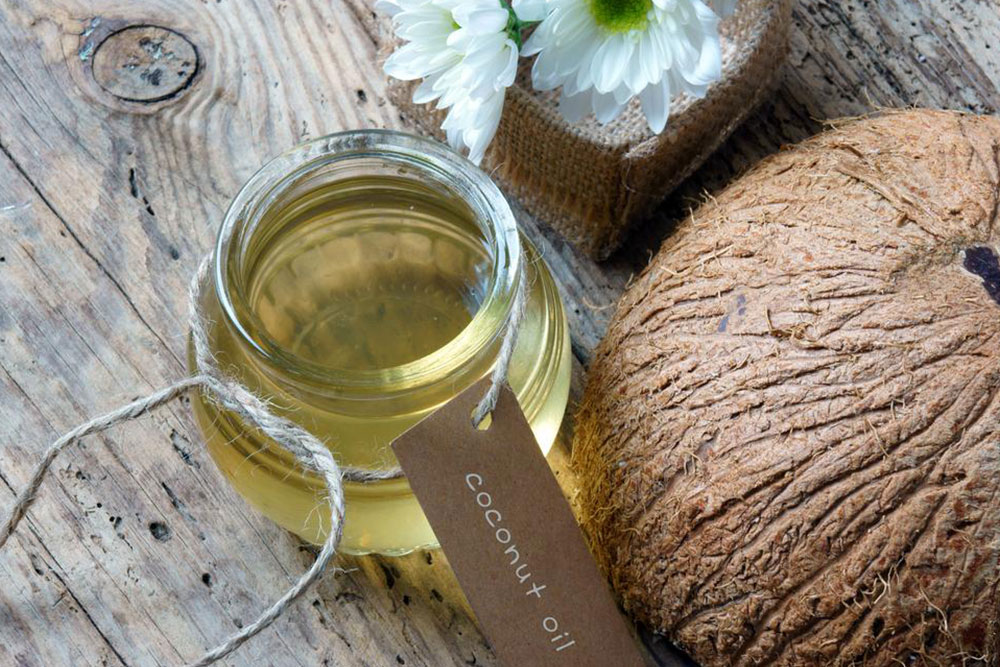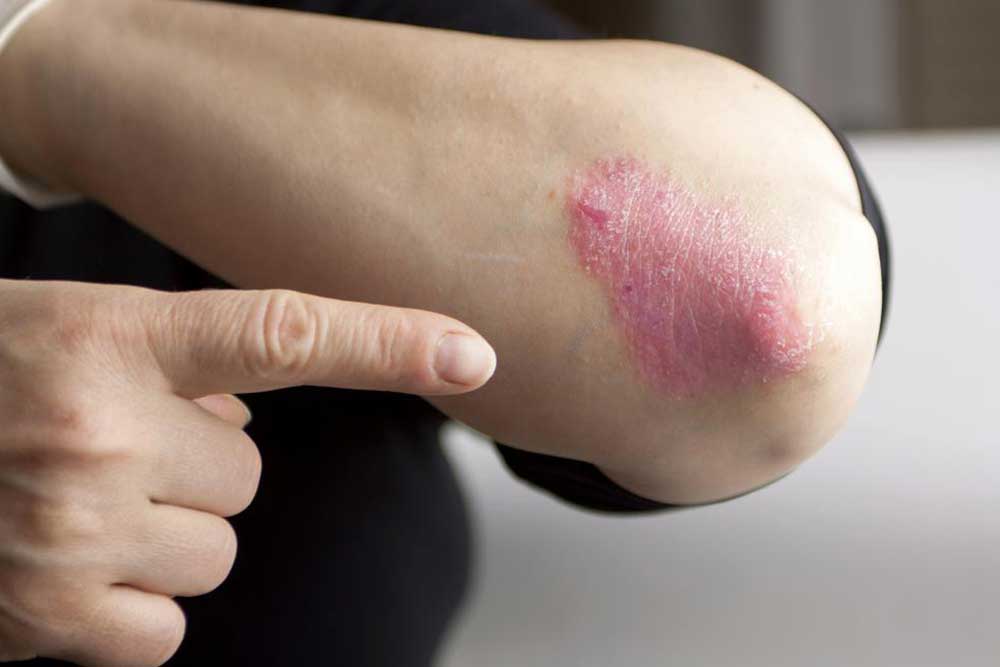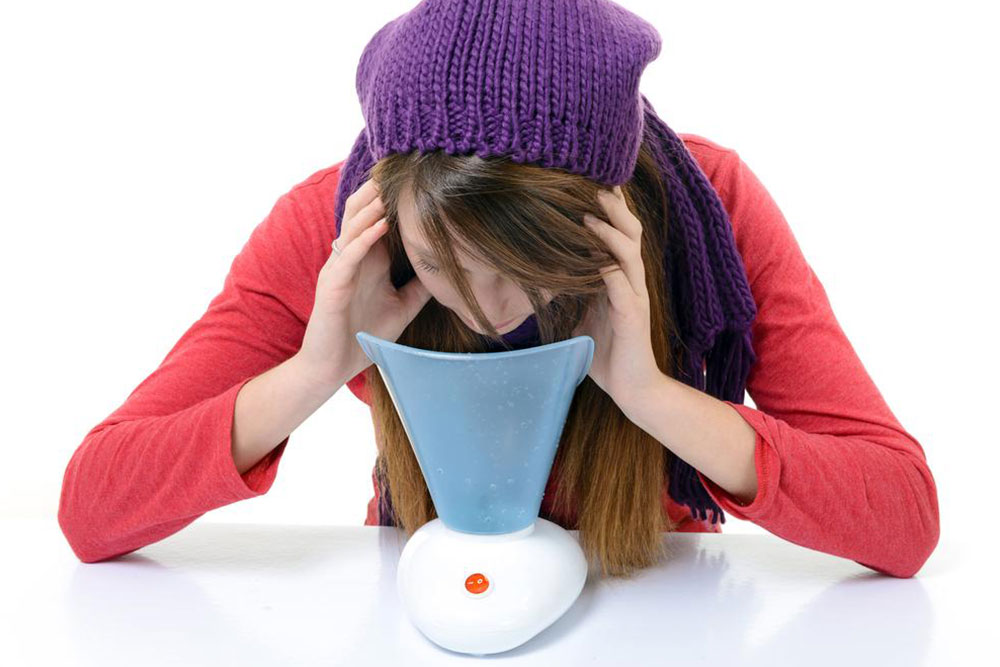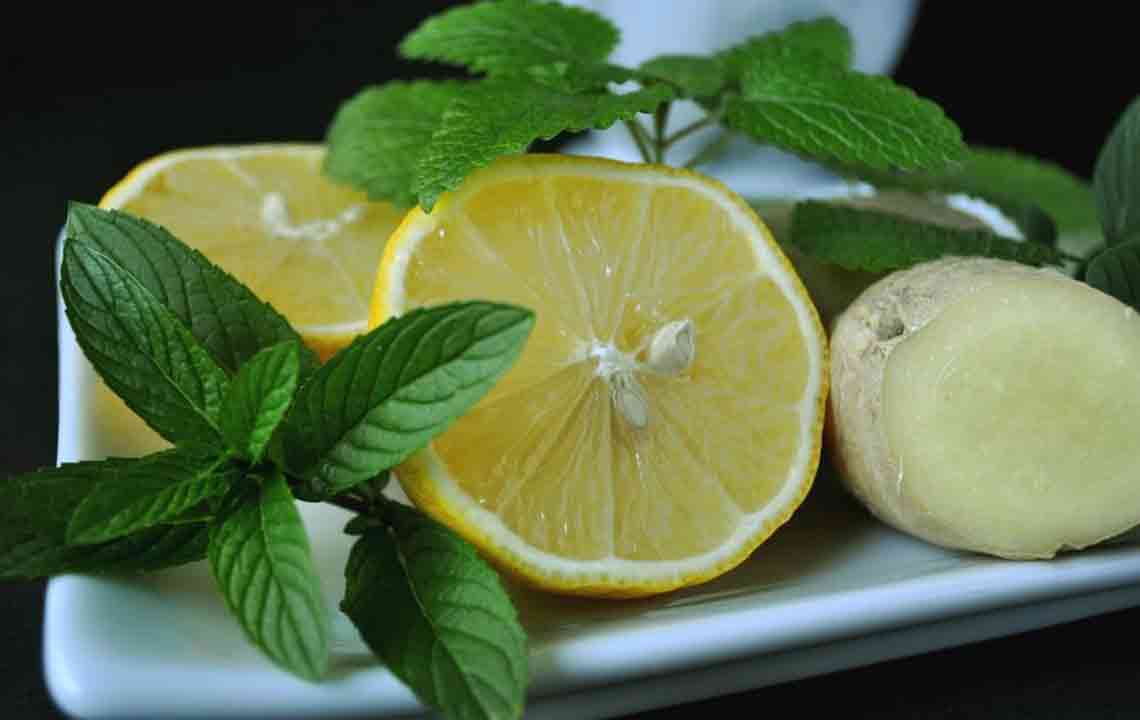Comprehensive Natural Remedies to Cure Ringworm at Home Safely
Discover comprehensive and natural methods to effectively treat ringworm at home. Learn about proven remedies like apple cider vinegar, tea tree oil, aloe vera, and coconut oil, along with essential tips for preventing spread and ensuring quicker healing. This detailed guide empowers you to manage mild cases safely while knowing when to seek medical help for persistent or severe infections.

Comprehensive Natural Remedies to Cure Ringworm at Home Safely
Ringworm, a highly contagious fungal skin infection, poses a significant health concern affecting humans, domestic pets, and livestock alike. This common condition manifests as itchy, ring-shaped patches on the skin and, if left untreated, can spread rapidly, leading to discomfort, secondary infections, and prolonged recovery periods. While visiting a healthcare professional is always recommended for persistent or severe cases, many individuals seek effective home remedies to manage and combat ringworm naturally. These remedies are favored for their accessibility, minimal side effects, and proven antifungal properties.
Understanding the basics of ringworm is crucial. The infection is caused by dermatophyte fungi that thrive in warm, moist environments. They can spread through direct contact with infected individuals or animals, or indirectly via contaminated objects and soil. Therefore, implementing preventative measures along with natural remedies can significantly reduce transmission risks. It is also important to handle infected pets or livestock carefully, avoiding unnecessary contact and proper hygiene practices to prevent cross-infection. Equally essential is to identify the early signs of infection, such as ring-shaped rashes, peeling skin, or itching, for timely intervention.
In late 20th and early 21st centuries, numerous herbal and natural substances have been harnessed for their antifungal benefits. Among these, apple cider vinegar, tea tree oil, licorice paste, aloe vera gel, and coconut oil stand out as some of the most popular and effective options for managing mild to moderate cases of ringworm at home. Each remedy comes with unique properties that contribute to healing and prevent recurrence, provided they are used consistently and correctly.
Natural Remedies for Ringworm: A Detailed Overview
Apple Cider Vinegar: Renowned for its antimicrobial and antifungal properties, apple cider vinegar creates an inhospitable environment for fungi. Its acidic nature helps to inhibit fungal growth, making it a potent natural remedy. To use, dilute the vinegar with water (about 1:1 ratio) and apply to the affected area using a cotton ball. Regular application, preferably two to three times daily, can accelerate healing and reduce inflammation.
Tea Tree Oil: Extracted from the Melaleuca alternifolia plant, tea tree oil contains potent antifungal and antiseptic compounds. Its ability to combat dermatophytes makes it highly effective against ringworm. To avoid skin irritation, it should be diluted with a carrier oil such as coconut or olive oil before topical application. Apply a few drops to the infected site twice daily, and observe improvements within a week.
Licorice Paste: Licorice contains glycyrrhizin, which has antifungal and anti-inflammatory effects. You can prepare a paste by crushing licorice root and mixing it with water or honey. Applying this paste directly to the lesion can help soothe irritation and inhibit fungal growth. Use it two times daily for best results.
Aloe Vera: Known for its soothing anti-inflammatory and healing properties, aloe vera gel can reduce itching and promote skin regeneration. Extract fresh gel from aloe leaves and apply generously to the affected patches. Regular application can aid in faster recovery and minimize scarring.
Coconut Oil: Rich in lauric acid, coconut oil has natural antifungal and moisturizing properties. It helps in breaking down the fungal cell membranes, leading to their destruction. Applying virgin coconut oil multiple times a day can both treat and moisturize the skin, preventing cracking and secondary infections.
Key Tips for Effective Home Treatment
Maintain cleanliness of the affected area by washing with mild soap and water before applying remedies.
Avoid sharing personal items such as towels, clothing, or bedding to prevent spreading the infection.
Keep the skin dry and exposed to air as moisture worsens fungal growth.
Wear loose, breathable clothing to reduce irritation and dampness around the infected area.
Monitor progress regularly; if no improvement occurs within two weeks, seek professional medical advice.
Precautions and When to See a Healthcare Provider
While natural remedies can be effective for mild cases, some situations warrant medical attention:
Persistent or worsening symptoms after two weeks of home treatment.
Presence of secondary bacterial infection, indicated by increased redness, swelling, or pus.
Involvement of the scalp, nails, or large areas of skin.
Infection in immunocompromised individuals or those with underlying health conditions.
In such cases, healthcare providers may prescribe topical or oral antifungal medications to ensure complete eradication of the infection.
In summary, combining natural remedies with good hygiene practices provides a safe, cost-effective, and accessible way to manage ringworm at home. Staying vigilant and proactive can help speed up recovery, prevent recurrence, and maintain healthy skin. Remember, prompt action and consistency are crucial for effective treatment of this common fungal infection.





